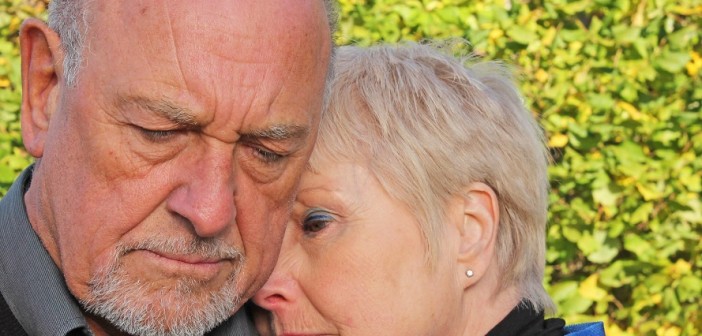There is a lot of help and literature offered to those who are battling addiction. But what about the family, friends, and spouses of those who are struggling? Isn’t it just as hard, or in some ways harder, to watch someone you care about be under the control of substances? When your loved one has an addiction, it’s important to see to it that they get help, but you also need to take care of yourself.
Face Reality
It’s not easy for an addict to admit they have a problem. Similarly, it’s not easy for loved ones to admit that those they care about have an issue. It may seem surreal that the problems you hear about on television and movies is actually your reality. It’s important to face the situation in order to move forward in a healthy manner. You don’t want to lose your sanity or stability because you love others who are out of control. Furthermore, things may be complicated by the feelings of other friends or family members, or you may have to adopt added responsibility by watching after those struggling or their children.
Love Sanely
It can be difficult to separate the person you love from the addict. Those under the spell of addiction, or trying to stay straight, may say hateful things or commit actions that put others in jeopardy. It takes great strength to learn how to love someone who is dealing with addiction. Most of all, realize that you need to reserve your mental energy and maintain your sanity. For example, responding negatively to a nasty comment or poor judgment will only alienate the person you love and may make them choose to make other bad decisions.
Be Patient
Realizing that you can’t ‘fix’ an addict may be the most painful truth loved ones must face. Ultimately, only those struggling with addiction can make the decisions that will turn their lives around. Yes, you can be there for them and continue to love them, but there is not one thing you can say or do that will transform them and eradicate the addiction. Recovery can be slow, and in some cases, becomes a lifelong journey. Be sure to make the distinction between things you can and cannot control.
Enabling is Not Helping
There is a fine line between helping an addict and enabling an addiction, especially for those closest to them. For example, you may want to lend money to help them pay the rent or be there to listen to their problems, yet if they are going to use the money to fuel their addiction or feel that you will listen and accept them no matter what they tell you, then you are being an enabler and not a helper. You can certainly tell those struggling that you will be there for them and be supportive once they learn to face their problems and do something about them. But, providing them with a place to stay or giving them money can be disastrous despite your intentions.
Make Yourself Come First
Those who have friends, family members, and spouses who are addicts may get confused about what is selfish and what facilitates self preservation. Selfish means that you want what you want when you want it and don’t care about what it takes to get it. However, putting someone else first, especially those struggling with addiction, will deplete you of energy. Be sure to take care and protect yourself from being manipulated. Ensuring that you are emotionally stable and strong makes you most able to help others.
Consider Help
Yes, those struggling with addiction absolutely need help. Go to www.ARCProject.org.uk to read how to help them. And, many times those who are closest to them need help too. Don’t feel ashamed to ask for help or be honest in feeling depleted of mental energy. Those struggling with addiction can be ‘vampires’ who feed off of the sympathy and devotion of those closest to them. As mentioned, you don’t have the power to change an addict but you do have the means to ensure you stay healthy. Consider contacting a trusted confidant or doctor if you have an addict in your life.
Find Time
Find time for yourself and to do the things that make you happy and strong. You can’t expect to devote all of your time in worrying about those you love. Make time to read, go to the beach, spend time with healthy friends, etc. Don’t neglect yourself or the things that keep you strong and mentally stable. Learn to maintain your own life, and in some cases, you will have to rebuild your life due to your relationship with those who are struggling with addiction.
Olivia Washington had turned to substance abuse after returning from active military duties in Fallujah. Olivia then turned to experts for assistance and has been addiction free for several years now. She sees blogging about her experiences as a way of giving back.





My close friend has got into depression trap after giving up using drugs and nothing seems to work… I’m trying to get him to read http://undepress.net/10-inspiring-books-to-read-in-silence/